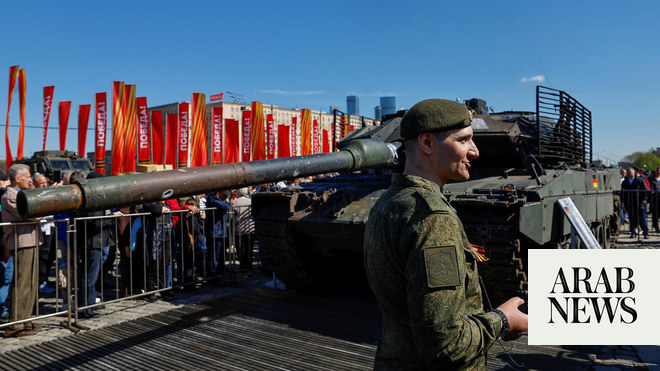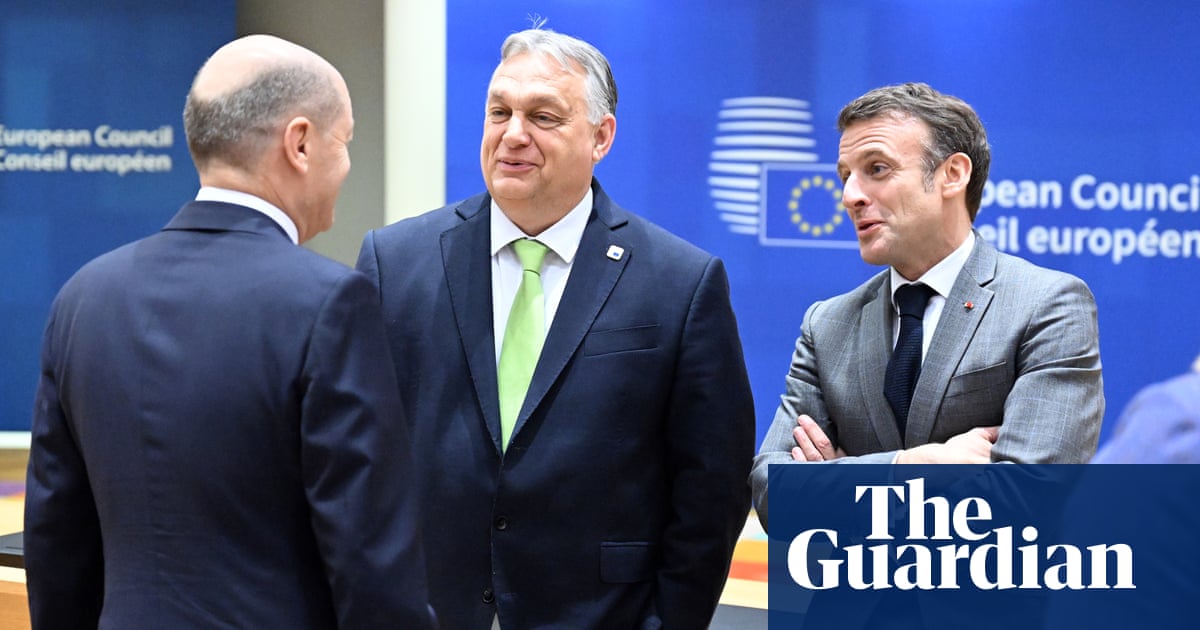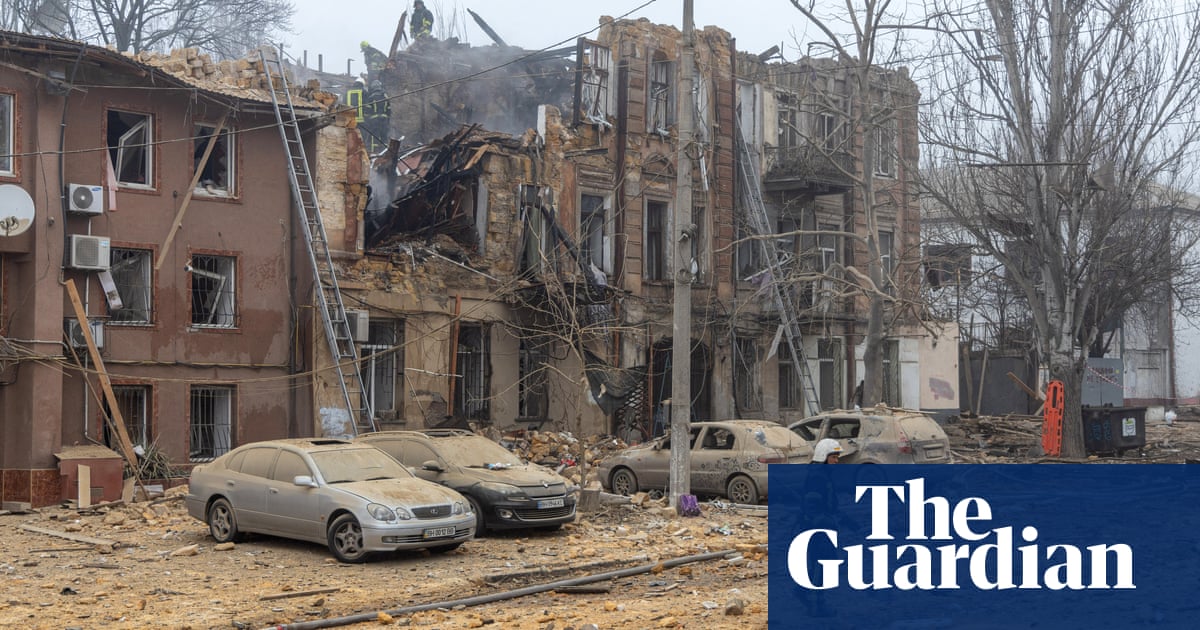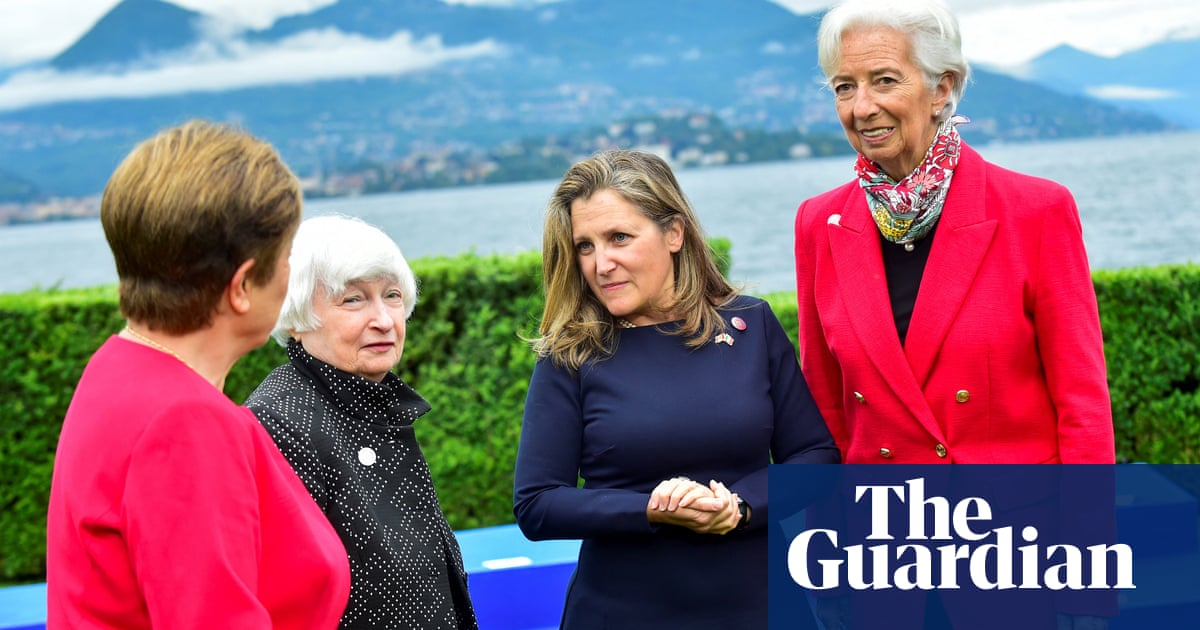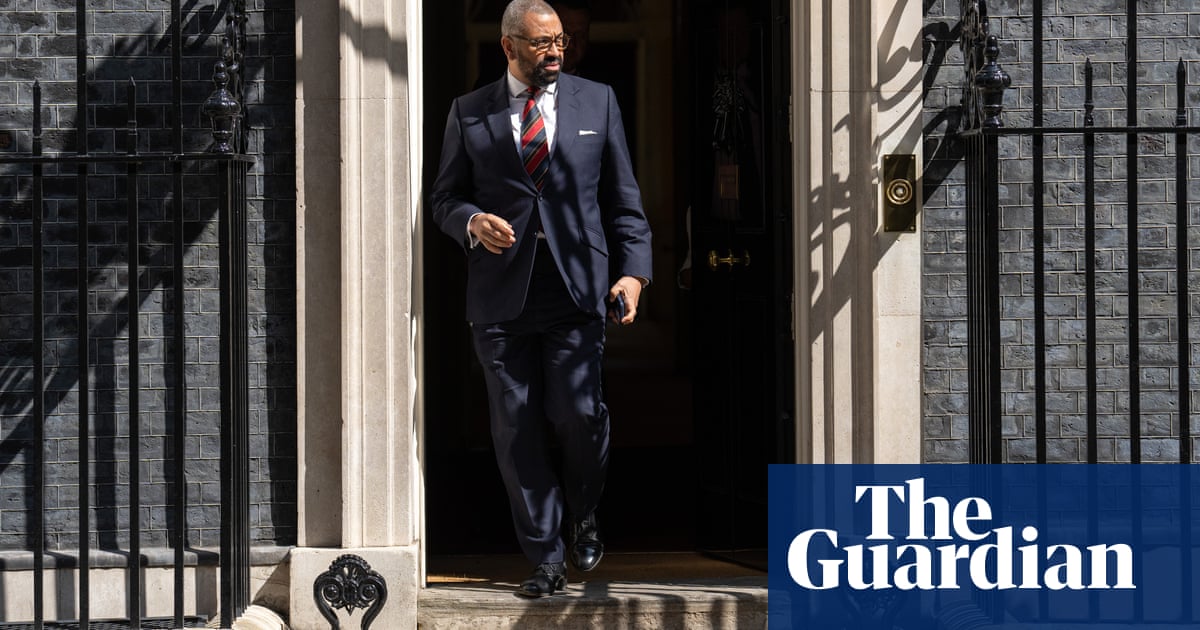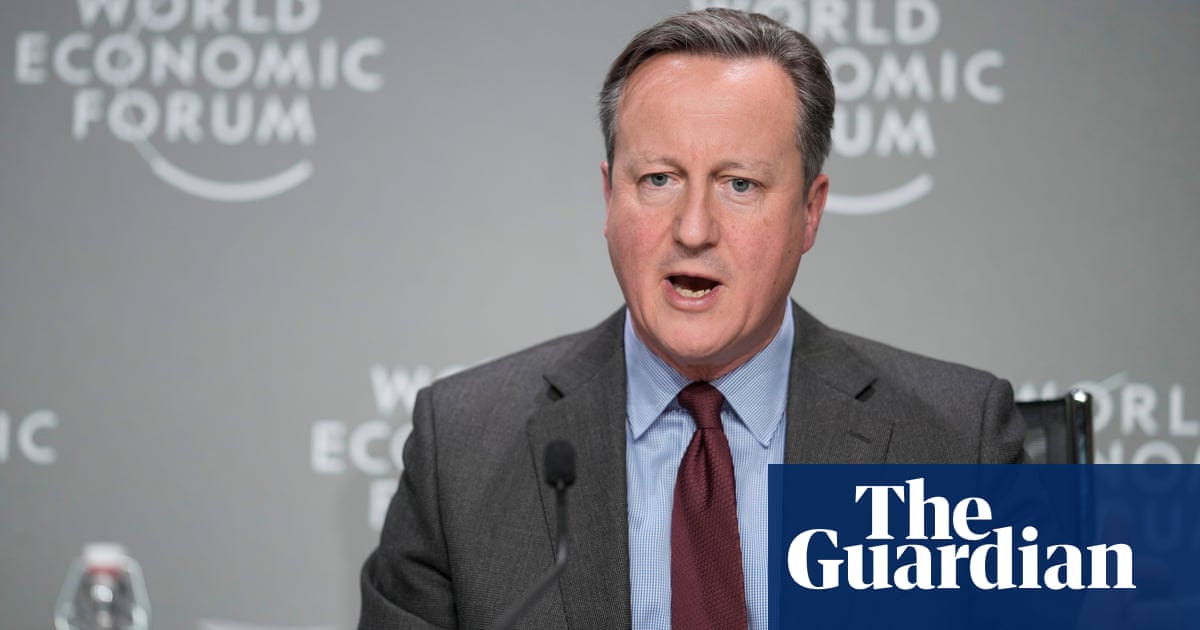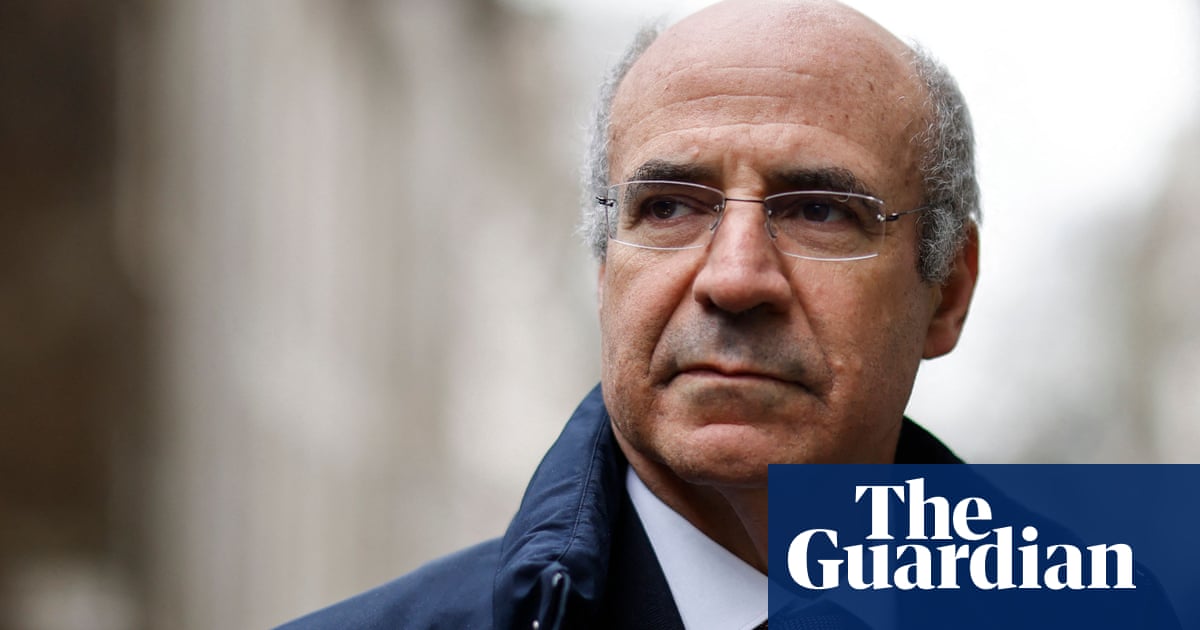
The Kremlin critic and anti-corruption campaigner Bill Browder has urged MPs to introduce a US-style law that would allow the government to confiscate frozen Russian assets to support military efforts in Ukraine.
Browder, who became a prominent campaigner after his lawyer, Sergei Magnitsky, died in custody in Russia in 2009, told the UK’s Treasury committee that passing laws similar to Washington’s could “change the whole nature of the war”, and help shift the burden from taxpayers to businesses and individuals subject to sanctions.
“Should Vladimir Putin’s legal rights to his money be more important than the taxpayer of this country’s rights? I don’t think so, and I don’t think any of you would find any objection in any of your constituencies if you went and had that conversation,” Browder told MPs.
“What I think the UK should do is what the US has done: they have now resolved any legal ambiguity, and the United States government has the right to confiscate the money. What I would suggest is done here is some version of the Repo Act,” he said, referring to a law passed by US Congress alongside a $61bn (£49bn) aid package last month.
The move could trigger similar laws among allies, including the EU, and ultimately unlock up to $300bn in funding from Russian assets that have been frozen as a result of sanctions related to the invasion of Ukraine.
The US-born financier said funding was crucial if Ukraine was to win the conflict, and warned that Putin was “banking” on waning resolve in the west. “Quite simply, if the west – the UK, US, EU and other allies – were to confiscate $300bn, that would change the whole nature of the war,” Browder said.
The US-born financier said it would also serve as an insurance policy against a potential U-turn on foreign policy in the US if Donald Trump wins the upcoming presidential election. The US currently provides half the funding for Ukraine. “This money, this $300bn, would solve that problem – it would basically be an insurance policy against that problem.”
Britain has been ramping up pressure on western governments to use frozen Russian assets to help rebuild Ukraine’s war-shattered economy. The foreign secretary, David Cameron, told the World Economic Forum in Davos in January that there were legal, moral and political justifications for action.
However, the EU has stopped short of taking US-style action, and only favours using the profits from those assets to finance arms supplies to Kyiv. Browder criticised the proposal, saying it was “a typical EU bad compromise”.
Browder told MPs there was no difference between taking the profits and simply taking the money itself, and that the EU’s plan was a “fudge”. If the US and the UK both approved such legislation it would put more pressure on the European Union to “do the right thing in the end”.
He also pushed back against claims that confiscated sanctioned assets would have a major impact on financial markets, or spark capital flight to rival financial centres, particularly if allies banded together and passed similar legislation.
Browder suggested such a law could end up deterring China from attacking Taiwan, noting that Beijing had a lot more to lose than Russia. “The message here, if we do this, is that if you launch an unprovoked war of aggression against a neighbouring country that did nothing, you’re likely to have your foreign exchange reserves confiscated.”




